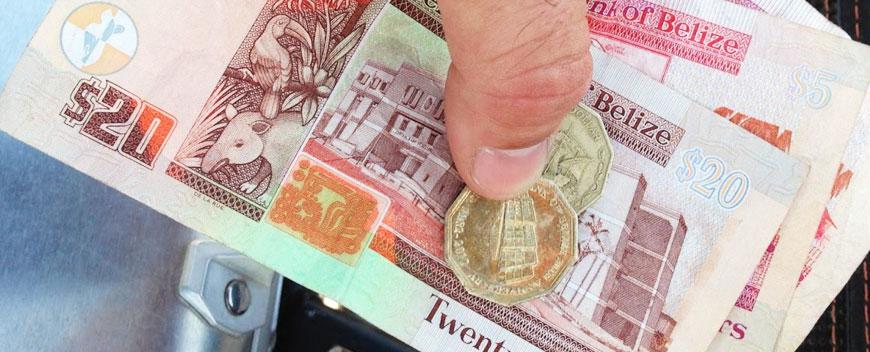This course includes the Nature of Economics, the basic economic problem of scarcity, the relationship between product and cost, demand and supply, the types of market structures, the Financial Sector, Public Finance and Functions of Government, International Trade, and Caribbean Economies in a Global Environment. Students will gain an understanding of how national economic events and policies impact their well-being, future income, and job opportunities. It will also enable students to offer informed comments on economic matters.
- Teacher: Gilberto Magaña
This course aims to cover the basic theories of microeconomics (the behavior of individual and firms). It begins with types of market structures followed by an analytical approach to the study of how individuals and societies deal with the fundamental problem of market failure, income distribution, poverty and decision making. It will enable students to develop a better understanding of the economic issues which affect them and the world in which they live. A study of Microeconomics at the CAPE level will introduce students to the philosophy which underlies everyday economic interactions.
- Teacher: Nadia Smith
This course aims to cover the basic theories of macroeconomics (that of the economy as a whole). It begins with monetary and fiscal policy, public debt, followed by growth and development, international trade, economic integration, balance of payments, exchange rates, international institutions, and globalization. This course will help students to analyze the state of the economy in order for them to make more informed decisions about their future. It will also train the students to think logically, critically and impartially on a variety of debatable issues.
- Teacher: Nadia Smith
COURSE DESCRIPTION :
This course includes the Nature of Economics, the basic economic problem of scarcity, the relationship between product and cost, demand and supply, the types of market structures, the Financial Sector, Public Finance and Functions of Government, International Trade, and Caribbean Economies in a Global Environment. Students will gain an understanding of how national economic events and policies impact their well-being, future income, and job opportunities. It will also enable students to offer informed comments on economic matters.

